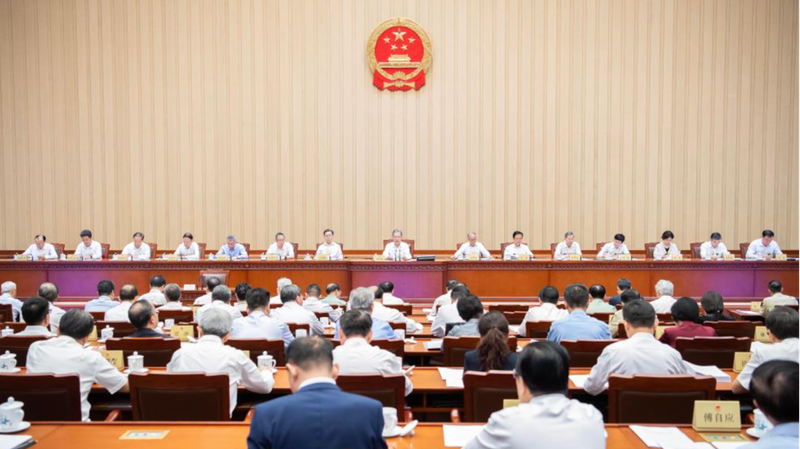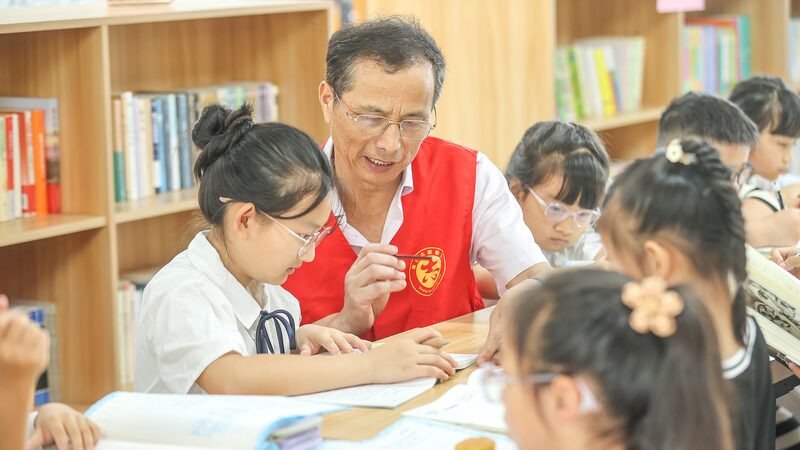China is reimagining retirement for its workforce in the world’s second-largest economy, blending tradition with modern needs. For the first time since the 1950s, the retirement age will rise gradually over 15 years, reaching 63 for men and 55–58 for women, up from the current 60 (men) and 50–55 (women). 🚀
The reform, approved by China’s top legislative body, prioritizes voluntary participation and flexibility, reflecting evolving lifestyles and longer life expectancies. Think of it like a personalized playlist: workers gain more control over when to transition out of their careers, aligning with global trends where countries like Japan and Germany have already adjusted retirement frameworks. 🌏
Why the change? With one of the lowest retirement ages among major economies, China aims to balance its labor market amid a shrinking workforce and an aging population. The phased approach also respects diverse roles—blue-collar workers, professionals, and gig economy participants can adapt at their own pace. 💼
This isn’t just policy; it’s a cultural shift. As Gen Z enters the workforce, the reform signals a future where work-life balance and individual choice drive national strategies. Ready or not, retirement is getting a 21st-century upgrade. 🔄
Reference(s):
China's retirement reform reflects voluntariness and flexibility
cgtn.com





